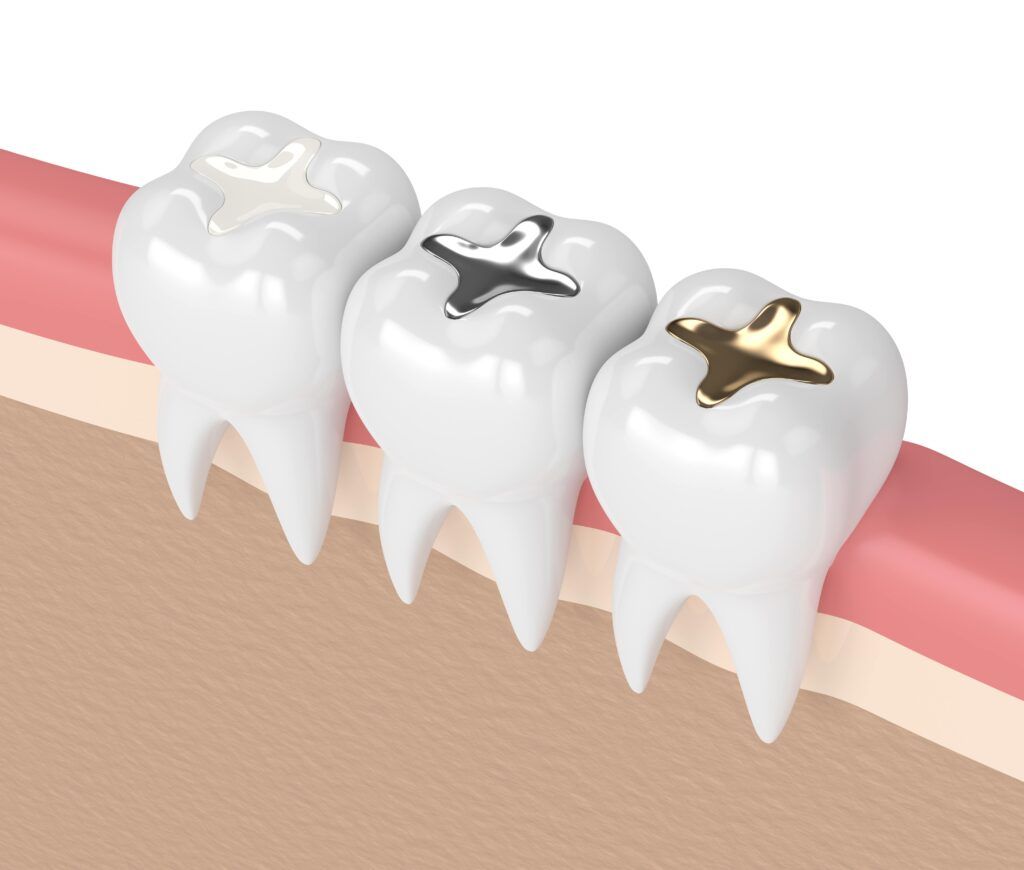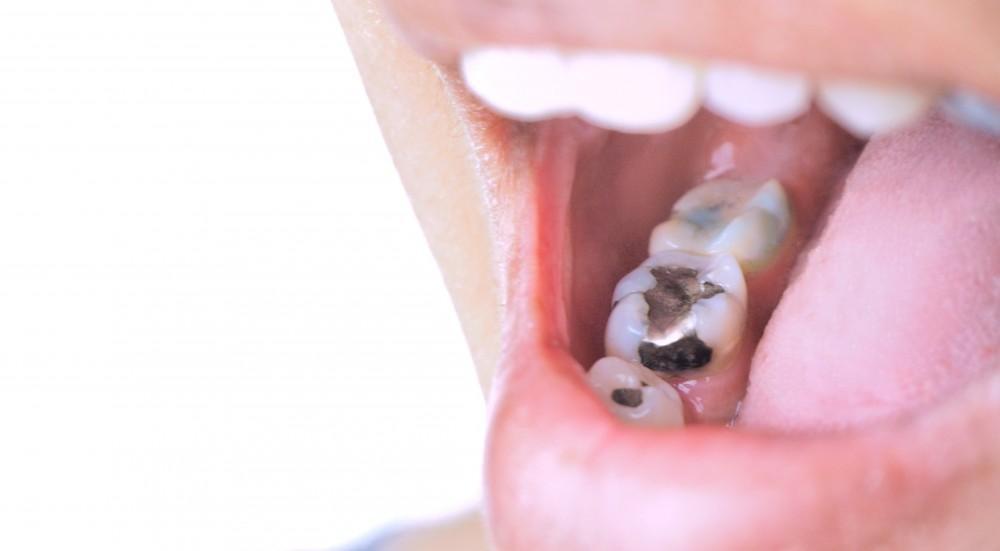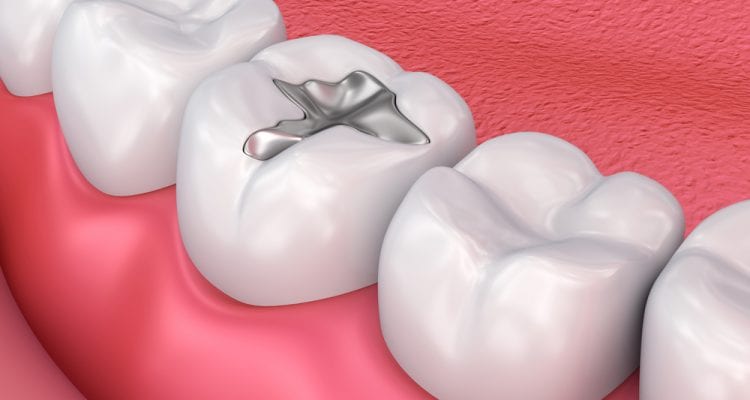The number of fillings a person might have can vary significantly based on individual factors such as dental hygiene, diet, genetic predisposition to cavities, and access to dental care.
“Normal” is a subjective term when it comes to the number of fillings someone might have. Some individuals may have no fillings at all due to excellent oral hygiene and regular dental check-ups, while others might have several fillings due to a higher susceptibility to tooth decay or a history of poor dental care.
It’s essential to maintain good oral hygiene by brushing and flossing regularly, having routine dental check-ups, and following a healthy diet low in sugary foods and drinks to minimize the risk of developing cavities and requiring fillings.
How do factors influence the number of fillings?

These factors intertwine and significantly impact oral health, influencing the likelihood of developing cavities and subsequently requiring fillings.
Oral Hygiene Practices
The frequency and thoroughness of brushing and flossing greatly impact oral health. Inadequate cleaning can lead to plaque buildup, promoting cavities and necessitating fillings.
Proper use of fluoride through toothpaste, mouthwash, or professional treatments can strengthen enamel, reducing the likelihood of decay and the need for fillings.
Visiting a dentist for professional cleanings helps remove tartar buildup, preventing decay and reducing the necessity for fillings.
Diet and Nutrition
High sugar consumption increases bacterial growth in the mouth, leading to acid production that erodes enamel, causing cavities that may require fillings.
Foods and drinks high in acidity can weaken enamel, making teeth more susceptible to decay and requiring fillings.
A balanced diet rich in vitamins and minerals, especially calcium and phosphorus, contributes to stronger teeth, reducing the risk of cavities and the need for fillings.
Genetics and Predisposition to Cavities
Genetic factors influence the strength of tooth enamel and saliva composition, affecting resistance to decay. Some individuals are genetically more prone to cavities, increasing the likelihood of needing fillings.
A family history of dental issues, including cavities, can indicate a higher predisposition to dental problems requiring fillings.
Access to Dental Care and Regular Check-ups
Regular dental check-ups allow for early detection and treatment of cavities. Those with limited access to dental care may not receive timely preventive measures, resulting in more extensive cavities and the need for fillings.
Lack of access to information about proper oral hygiene practices and the importance of regular dental visits can lead to neglect, increasing the risk of cavities and fillings.
What causes variations in the number of fillings?

The variation in the number of fillings among individuals is influenced by factors such as oral hygiene practices, diet, genetic predisposition, and access to dental care.
Individuals with No Fillings
Excellent Oral Hygiene: These individuals often maintain exemplary oral hygiene practices, including regular brushing, flossing, and the use of fluoride. Their commitment to preventive care helps prevent the development of cavities, thus avoiding the need for fillings.
Healthy Lifestyle Choices: Those without fillings often follow a balanced diet low in sugars and acids, reducing the risk of tooth decay. Additionally, they might avoid habits detrimental to oral health, such as smoking or excessive alcohol consumption.
Consistent Dental Check-ups: Regular visits to the dentist for check-ups and cleanings allow for early detection and prompt treatment of minor dental issues before they progress to cavities requiring fillings.
Individuals with Few Fillings
Moderate Oral Hygiene: These individuals might maintain reasonably good oral hygiene practices but may have occasional lapses or less consistent routines, leading to minor instances of decay requiring a few fillings.
Dietary Habits: They might have a somewhat balanced diet but occasionally indulge in sugary or acidic foods and drinks, contributing to a limited number of cavities and fillings.
Genetic Factors: Some individuals might have a genetic predisposition to weaker enamel or higher susceptibility to cavities, leading to a few fillings despite reasonable efforts at oral care.
Individuals with Several Fillings
Poor Oral Hygiene: Those with several fillings often have inconsistent or inadequate oral hygiene practices, allowing plaque buildup and frequent instances of decay, resulting in multiple cavities and subsequent fillings.
Dietary Choices: Regular consumption of sugary, acidic, or processed foods and drinks can significantly contribute to the development of cavities, requiring numerous fillings over time.
Limited Access to Dental Care: Some individuals may have restricted access to dental services, leading to delayed treatment of cavities. Without timely intervention, small cavities can progress, requiring multiple fillings.
How can oral health be maintained to reduce fillings?

Maintaining oral health involves a combination of good oral hygiene practices, regular dental check-ups for preventive care, and a balanced diet.
Importance of Good Oral Hygiene
Proper brushing twice a day and flossing once a day helps remove plaque, the sticky film of bacteria, preventing the formation of cavities that lead to fillings.
Fluoride toothpaste and mouth rinses strengthen tooth enamel, making teeth more resistant to decay. Regular use of fluoride aids in preventing cavities and the need for fillings.
Using the right brushing and flossing techniques, along with appropriate dental tools like soft-bristled brushes and interdental cleaners, ensures thorough cleaning, reducing the risk of cavities and fillings.
Regular Dental Check-ups and Preventive Care
Regular visits to the dentist allow for the early detection of dental issues like cavities. Prompt treatment of minor decay prevents the progression to more severe cavities requiring fillings.
Dental cleanings remove plaque and tartar buildup in hard-to-reach areas, reducing the risk of cavities and minimizing the need for fillings.
Dentists can apply dental sealants to protect vulnerable areas from decay and provide fluoride treatments to strengthen enamel, both effective preventive measures against cavities and fillings.
Healthy Diet and Its Impact on Oral Health
Consuming less sugar and acidic foods reduces the production of harmful acids by oral bacteria, lowering the risk of enamel erosion and cavities, thereby reducing the need for fillings.
Eating a diet rich in calcium, phosphorus, and vitamins crucial for dental health strengthens teeth and gums, reducing susceptibility to decay and minimizing the likelihood of cavities and fillings.
Drinking water, especially fluoridated water, helps rinse away food particles, maintains saliva production, and supports oral health, contributing to cavity prevention and reduced fillings.
FAQ’s
Can you have 9 cavities?
Yes, it’s possible to have 9 cavities; the number of cavities can vary based on factors like oral hygiene, diet, genetics, and dental care.
Is it bad to have 10 fillings?
Having 10 fillings might indicate a history of dental issues, but it’s not inherently “bad”; it depends on individual dental health and treatment needs.
How did I get 7 cavities?
Developing 7 cavities might relate to poor oral hygiene, sugary diets, irregular dental visits, or factors influencing higher susceptibility to decay.
Why do I have 30 cavities?
Having 30 cavities could indicate severe dental decay due to various factors like poor oral hygiene, high sugar intake, infrequent dental check-ups, or certain medical conditions.
How many fillings is normal at 30?
Having 30 fillings may not be considered “normal” for most people; it might suggest extensive dental treatment due to multiple cavities or dental health issues.
How did I get 8 cavities?
Getting 8 cavities might result from inadequate oral care, high sugar consumption, irregular dental visits, or genetic predisposition to cavities.
Final Words
Taking care of our teeth is super important to avoid getting fillings. First off, keeping our mouths clean by brushing and flossing every day helps stop cavities from happening. Then, going to the dentist regularly helps catch any problems early, so they don’t turn into big cavities needing fillings.
Eating healthy foods like fruits, veggies, and dairy stuff helps too, as it makes our teeth stronger and stops cavities from popping up. When we do all these things together – brushing well, seeing the dentist, and eating good food – we can keep our teeth healthy and maybe even avoid getting fillings altogether!

